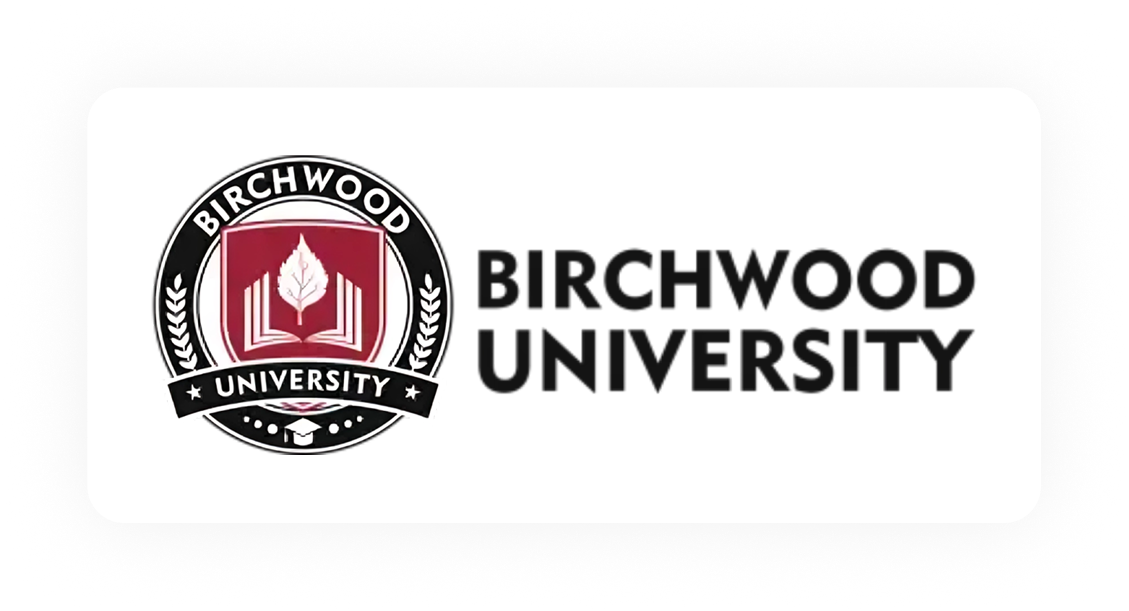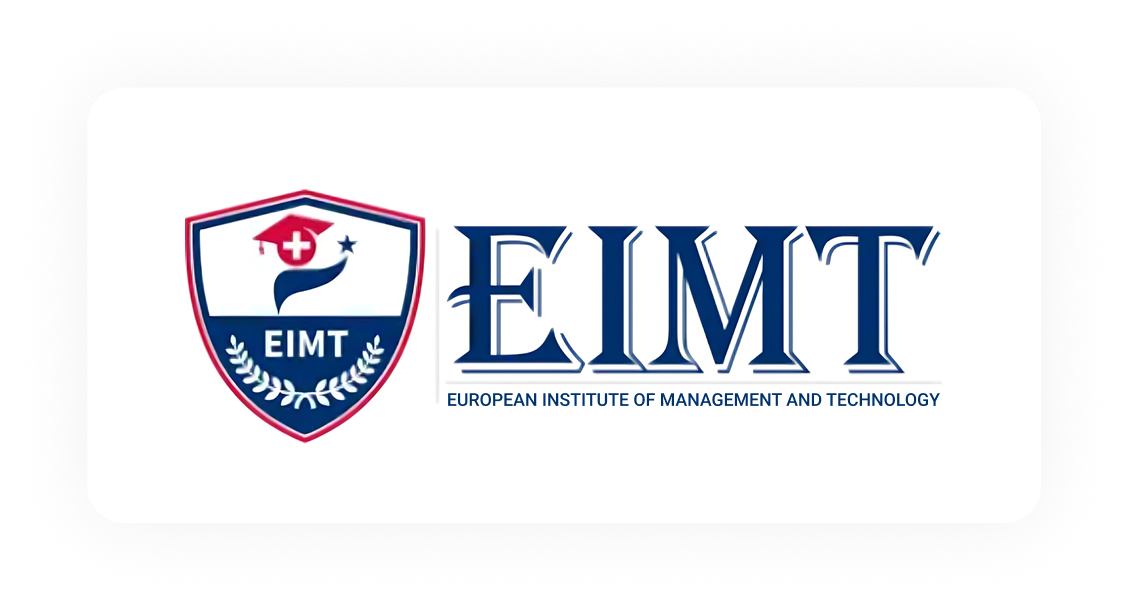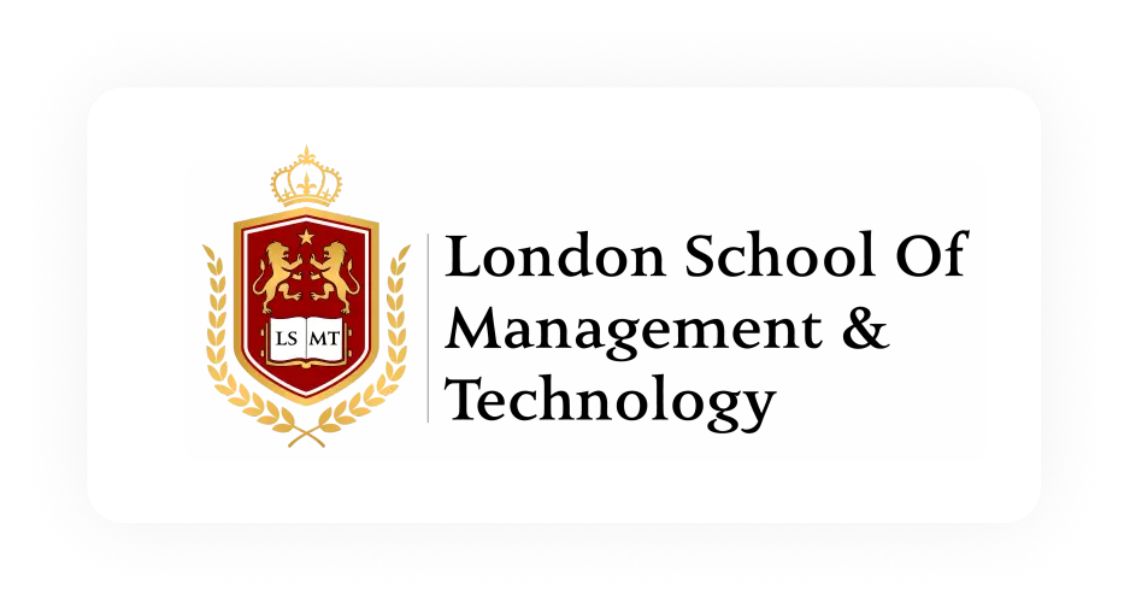Best 25 SAP S/4HANA Interview Questions and Answers for 2025
SAP S/4HANA is SAP’s next-generation ERP system built on the powerful HANA in-memory database. Designed to simplify IT landscapes and enable real-time decision-making, it offers advanced analytics, improved performance, and a modern user experience through SAP Fiori. Unlike SAP ECC, S/4HANA supports streamlined processes with simplified data models.
Whether you’re a student, IT professional, or business analyst, understanding SAP S/4HANA interview questions is crucial in today’s evolving digital landscape. This guide answers the top 25 most frequently asked questions about SAP S/4HANA, covering its features, deployment models, migration strategies, certifications, and business benefits for enterprises of all sizes.

1. What is SAP S/4HANA?
SAP S/4HANA is SAP’s next-generation ERP system built to operate on the high-performance HANA in-memory database. It offers fast data access, real-time analytics, and streamlined operations.
2. How does SAP S/4HANA differ from SAP ECC?
Unlike ECC, S/4HANA utilizes the HANA database, supports simplified data structures, real-time processing, a Fiori-based interface, and embedded analytics.
3. What does “S/4HANA” mean?
“S” signifies simplicity, while “4” denotes the fourth-generation ERP suite from SAP, optimized for HANA.
4. What are the available deployment models for Top 25 SAP S/4HANA Interview Questions?
You can deploy SAP S/4HANA as:
-
On-premise
-
Cloud-based (Public/Private)
-
Hybrid model (combination of both)
5. Which modules are offered in SAP S/4HANA?
Key modules include:
-
Financial Accounting (FI)
-
Controlling (CO)
-
Sales & Distribution (SD)
-
Materials Management (MM)
-
Production Planning (PP)
-
Human Capital Management (HCM)
-
Warehouse Management (EWM)
-
Customer Relationship Management (CRM)
-
Project System (PS)
6. What is SAP Fiori in relation to S/4HANA?
SAP Fiori is SAP’s user experience platform offering an intuitive and responsive interface for desktop and mobile users within SAP S/4HANA.
7. Is SAP S/4HANA limited to the cloud only?
No, SAP S/4HANA is available in cloud, on-premise, and hybrid formats, depending on business requirements.
8. How does the cloud version differ from on-premise?
The cloud version is quicker to implement and subscription-based but offers less customization. On-premise installations offer full control but require greater investment.
9. Which database powers SAP S/4HANA?
It exclusively runs on SAP HANA, an in-memory, column-oriented relational database.
10. What is the latest release of SAP S/4HANA (as of 2025)?
As of mid-2025, the most recent release is SAP S/4HANA 2023 FPS02, though SAP regularly rolls out feature updates.
11. Is it possible to migrate from SAP ECC to S/4HANA?
Yes, eligible SAP ECC systems can move to S/4HANA through a system conversion process after meeting SAP’s prerequisites.
12. What are the migration strategies for SAP S/4HANA?
Businesses typically follow one of the following:
-
Greenfield (fresh installation)
-
Brownfield (system conversion)
-
Selective data migration (hybrid approach)
13. What is the SAP Activate Framework?
SAP Activate is the official implementation methodology for S/4HANA, covering all phases from planning to go-live.
14. Can small businesses use SAP S/4HANA?
Yes, SAP provides scalable cloud-based editions that suit the needs and budgets of small and mid-sized businesses.
15. How long does it take to implement S/4HANA?
Timeframes vary:
-
Cloud deployments: 3–6 months
-
On-premise setups: 6–18 months
16. What skills are needed to learn SAP S/4HANA?
Basic ERP understanding is helpful. Depending on your role, you might need knowledge in ABAP, HANA, or business processes.
17. Are certifications available for S/4HANA?
Yes, SAP offers several certifications like:
-
S/4HANA Financial Accounting Associate
-
SAP Certified Application Associate – Sales with S/4HANA
18. Can I learn S/4HANA without knowing ECC?
Absolutely. Many training institutes offer beginner-level SAP S/4HANA courses designed for newcomers without ECC experience.
19. What are the costs of SAP S/4HANA training?
Training fees vary by region and provider:
-
India: ₹30,000 – ₹1,50,000
-
Global: $1,000 – $5,000
20. Which programming language is used with S/4HANA?
ABAP is the main language, enhanced with RESTful features in the latest development model.
21. Which industries adopt SAP S/4HANA?
It’s widely used in sectors such as:
-
Manufacturing
-
Retail
-
Healthcare
-
Automotive
-
Oil & Gas
-
Finance
22. What are embedded analytics in S/4HANA?
These are real-time insights and visual dashboards integrated directly into core business processes for better decision-making.
23. How does S/4HANA benefit businesses?
Organizations using SAP S/4HANA benefit from:
-
Faster decision-making
-
Reduced operational costs
-
Streamlined workflows
-
Real-time data access
-
Greater flexibility
24. When does support for SAP ECC end?
Mainstream maintenance ends in 2027, while extended support will be available until 2030 at an additional cost.
25. Where can I learn SAP S/4HANA with hands-on practice?
You can enroll in programs offered by:
-
GTR Academy (job-oriented SAP S/4HANA training)
-
SAP Learning Hub
-
Udemy or Coursera
-
SAP-authorized training partners
Key Takeaways:
✔ SAP S/4HANA is the future-ready ERP suite replacing ECC
✔ It offers faster performance, real-time data, and cloud scalability
✔ Migration to S/4HANA can be done using greenfield or brownfield approaches
✔ Hands-on training and certifications improve job prospects
✔ Ideal for careers in SAP consulting, finance, logistics, and analytics
Conclusion
SAP S/4HANA is revolutionizing enterprise operations with real-time data processing, simplified architecture, and intelligent automation. Whether you’re a fresher or an experienced professional, gaining expertise in SAP S/4HANA interview questions opens doors to high-demand roles across industries. With ECC support ending soon, now is the perfect time to upgrade your skills in SAP S/4HANA interview questions.
I am a skilled content writer with 5 years of experience creating compelling, audience-focused content across digital platforms. My work blends creativity with strategic communication, helping brands build their voice and connect meaningfully with their readers. I specialize in writing SEO-friendly blogs, website copy, social media content, and long-form articles that are clear, engaging, and optimized for results.
Over the years, I’ve collaborated with diverse industries including technology, lifestyle, finance, education, and e-commerce adapting my writing style to meet each brand’s unique tone and goals. With strong research abilities, attention to detail, and a passion for storytelling, I consistently deliver high-quality content that informs, inspires, and drives engagement.







